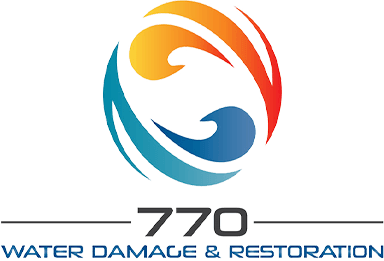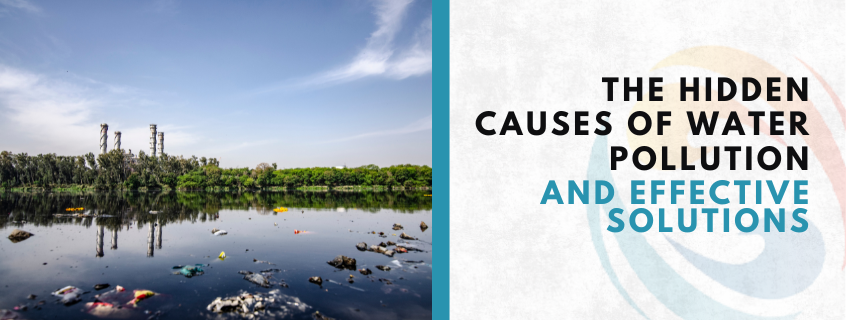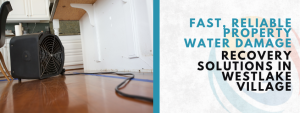Water is essential for life, used daily for drinking, cooking, and cleaning. However, hidden causes of water pollution and effective solutions are vital to understand, especially in Los Angeles, where urban runoff and industrial activities pose risks. By recognizing these local challenges, communities can take targeted actions. This article explores how water pollution occurs, its surprising causes, and practical steps to protect water resources in Los Angeles and beyond.
Water pollution can stem from various sources, including urban runoff, which occurs when rainwater flows over surfaces and picks up pollutants. This can happen in cities where the ground is covered with concrete, leading to a decrease in natural filtration. Furthermore, transportation can also contribute to water pollution, as oil leaks from vehicles and travels into storm drains.
The Unseen Threats to Water Supply
In addition, the impact of climate change cannot be ignored. Increased rainfall and flooding can lead to higher levels of runoff, overwhelming sewage systems and causing untreated waste to enter water bodies. Moreover, rising temperatures can promote harmful algal blooms, which have detrimental effects on aquatic ecosystems and human health.
The hidden causes of water pollution and effective solutions need urgent attention for sustainable living. In Los Angeles, pesticides and herbicides play a crucial role in modern agriculture by protecting crops from pests and weeds, but their use must be managed carefully to minimize environmental impact. Implementing eco-friendly farming practices, proper chemical disposal, and public awareness can significantly reduce contamination risks and protect the region’s vital water sources for future generations.
Imagine you’re enjoying a peaceful day by the lake, the sun glistening on the water’s surface. Suddenly, you notice a disturbing sight: trash floating nearby, and a strange chemical smell in the air. This scenario highlights a core issue—water pollution is often invisible until it’s too late. Here are a few hidden causes that contribute to water pollution:
- Agricultural Runoff: Farmers use fertilizers and pesticides to boost crop yields. When it rains, these chemicals wash off fields into nearby streams and rivers, contaminating water supplies.
- Industrial Discharges: Factories sometimes discharge toxic waste into rivers and lakes. While regulations exist, not all industries comply fully, allowing harmful substances to seep into our water sources.
- Sewage and Wastewater: Not all sewage treatment facilities are equipped to handle the volume of waste they receive. When systems overflow, untreated waste can flow directly into water bodies.
- Plastic Waste: Millions of tons of plastic end up in the oceans every year. This doesn’t just pollute the water; it also harms marine life, which can affect food chains and even human health.
Practical Solutions to Combat Water Pollution and Effective Solutions
Community involvement is crucial. One effective solution is to create educational programs that inform the public about the importance of maintaining clean water sources. In Los Angeles, these programs can include workshops, informational pamphlets, and partnerships with local schools to teach children about environmental stewardship.
Now that we’ve explored some of the hidden dangers, let’s look at ways to address water pollution and effective solutions that everyone can contribute to.
- Adopting Sustainable Farming Practices
- Use organic fertilizers and pest control methods.
- Implement crop rotation to maintain soil health and reduce chemical reliance.
- Regulating Industrial Waste
- Advocate for stricter regulations on emissions and waste management.
- Support companies committed to sustainable practices.
- Enhancing Waste Treatment Systems
- Municipalities should invest in improving sewage treatment facilities.
- Encourage the use of green technologies that recycle water.
- Reducing Plastic Use
- Opt for reusable bags, bottles, and containers to minimize plastic waste.
- Participate in community clean-up efforts to remove plastic from waterways.
Implementing effective water pollution solutions is essential for protecting our environment and public health. These initiatives serve as models of water pollution and effective solutions for other communities to follow, promoting cleaner waterways and healthier ecosystems.
Community’s Fight Against Water Pollution
Tackling water pollution and effective solutions requires a collaborative effort. In Los Angeles, sharing knowledge, advocating for sustainable practices, and supporting policies that protect local water sources are vital steps. Together, these actions can create a cleaner environment for all.
Moreover, implementing rain gardens in residential areas can help absorb excess rainfall and filter pollutants before they reach the drainage system. This natural solution not only aids in water quality improvement but also enhances local biodiversity by providing habitat for wildlife.
Such actions demonstrate how water pollution and effective solutions can lead to community improvements.
Each individual has a role in combating water pollution and effective solutions that protect our resources.
- Hosting workshops on organic gardening.
- Encouraging local businesses to adopt eco-friendly practices.
- Organizing regular clean-up events along the shores of their local lake.
Over time, thanks to vigilant community efforts, Clearwater noticed a significant improvement in water quality. The transparency and cleanliness of their lake returned, attracting more visitors and providing a safe recreational space for families—an inspiring example of water pollution and effective solutions in action.
The Role of Individuals in Preventing Water Pollution
As individuals, we might feel powerless in the face of such a massive issue. However, every small action counts in the fight against water pollution. Here’s how you can contribute:
- Educate Yourself and Others: Learn about water pollution and share information with your family and friends. The more people know, the better we can work together.
- Support Local Clean-Up Initiatives: Many organizations host clean-up events that welcome volunteers. Getting involved is a great way to make a direct impact.
- Advocate for Policy Change: Reach out to your local governmental representatives, urging them to prioritize water protection. Support policies that promote clean water initiatives.
- Practice Responsible Disposal: Properly dispose of hazardous materials, like batteries and chemicals. Never throw these items down the drain or into water bodies.
Our collective actions against water pollution and effective solutions can reshape our future.
Protecting the Environment Through Water Damage Restoration
Water damage restoration plays a crucial role in safeguarding both property and the environment. When water damage is left untreated, it can lead to mold growth, structural deterioration, and even contribute to water pollution as contaminants seep into local water systems. Professional Water Damage Restoration Los Angeles services address these issues promptly, preventing further damage and environmental harm.
Effective solutions include immediate water extraction, thorough drying, disinfection, and repairing compromised structures. By eliminating pollutants at the source and ensuring proper disposal of contaminated materials, restoration efforts help maintain cleaner waterways. Combining expert restoration with community awareness creates long-term benefits, protecting homes and the ecosystem. This proactive approach ensures health, safety, and sustainability while promoting effective solutions to prevent future water-related problems.
Expert Answers to Water Damage Restoration FAQs
What causes water pollution?
Water pollution is commonly caused by agricultural runoff, industrial waste, sewage overflow, and plastic debris entering waterways.
How can I detect water pollution?
Watch for signs such as water discoloration, foul or unusual odors, and floating debris. You can also check local water quality reports for detailed information.
How can I reduce water pollution?
Limit the use of harmful chemicals, reduce plastic consumption, and participate in community clean-up efforts. Proper water damage remediation also helps prevent pollutants from spreading.
How does water damage restoration prevent pollution?
Restoration reduces contamination by removing mold, cleaning affected areas, and addressing damage that could otherwise impact local water sources.
How does water damage affect health?
Standing water and moisture can lead to mold growth, bacteria, and poor air quality, which may cause allergies, respiratory problems, and other health risks.






